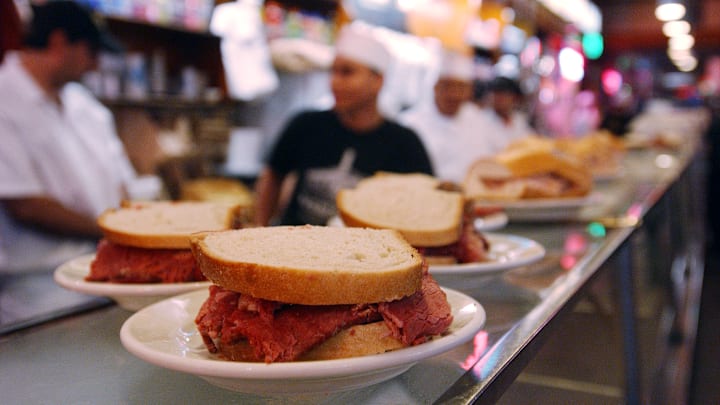The Role of Food and Culinary Experiences in Shaping Travel Encounters

Food and culinary experiences play a central role in shaping travel encounters, offering a window into the culture, traditions, and daily life of a destination. The exploration of local cuisine provides travelers with a rich and immersive experience, contributing to a deeper understanding of the places they visit. Culinary experiences not only enhance the enjoyment of travel but also serve as a means of cultural exchange and connection.
One of the primary ways that food shapes travel encounters is through its ability to provide insight into local culture and traditions. Traditional dishes and culinary practices reflect the history, geography, and values of a region. For example, tasting street food in Bangkok offers a glimpse into the vibrant street culture and culinary heritage of Thailand. Similarly, participating in a cooking class in Tuscany allows travelers to learn about Italian culinary traditions and techniques. These food experiences contribute to a more authentic and meaningful connection with the destination.
Culinary experiences also offer opportunities for cultural exchange and interaction. Sharing meals with locals or participating in food-focused events, such as festivals or markets, fosters connections and conversations between travelers and residents. These interactions provide valuable insights into daily life and cultural practices, enhancing the overall travel experience. For instance, dining at a family-owned restaurant or attending a traditional food celebration allows travelers to engage with local communities and gain a deeper appreciation for their customs and hospitality.
Food also serves as a memorable and tangible souvenir of travel. The flavors, aromas, and culinary traditions encountered during a journey often leave a lasting impression. Travelers may bring back recipes, cooking techniques, or specialty ingredients that remind them of their experiences. Culinary souvenirs offer a way to recreate and share travel memories with others, extending the impact of the journey beyond the trip itself.
However, it is important for travelers to approach culinary experiences with cultural sensitivity and respect. Being mindful of local customs, dietary restrictions, and food-related traditions helps to ensure that interactions are respectful and considerate. Additionally, supporting local food producers and markets contributes to sustainable and ethical tourism practices, benefiting both the local economy and the environment.
In conclusion, food and culinary experiences play a significant role in shaping travel encounters by providing insight into local culture, fostering connections with communities, and creating lasting memories. By embracing the rich culinary traditions of a destination and approaching food experiences with respect and openness, travelers can enhance their journeys and gain a deeper understanding of the places they visit. Culinary exploration adds a flavorful and meaningful dimension to the travel experience, enriching both the palate and the soul.